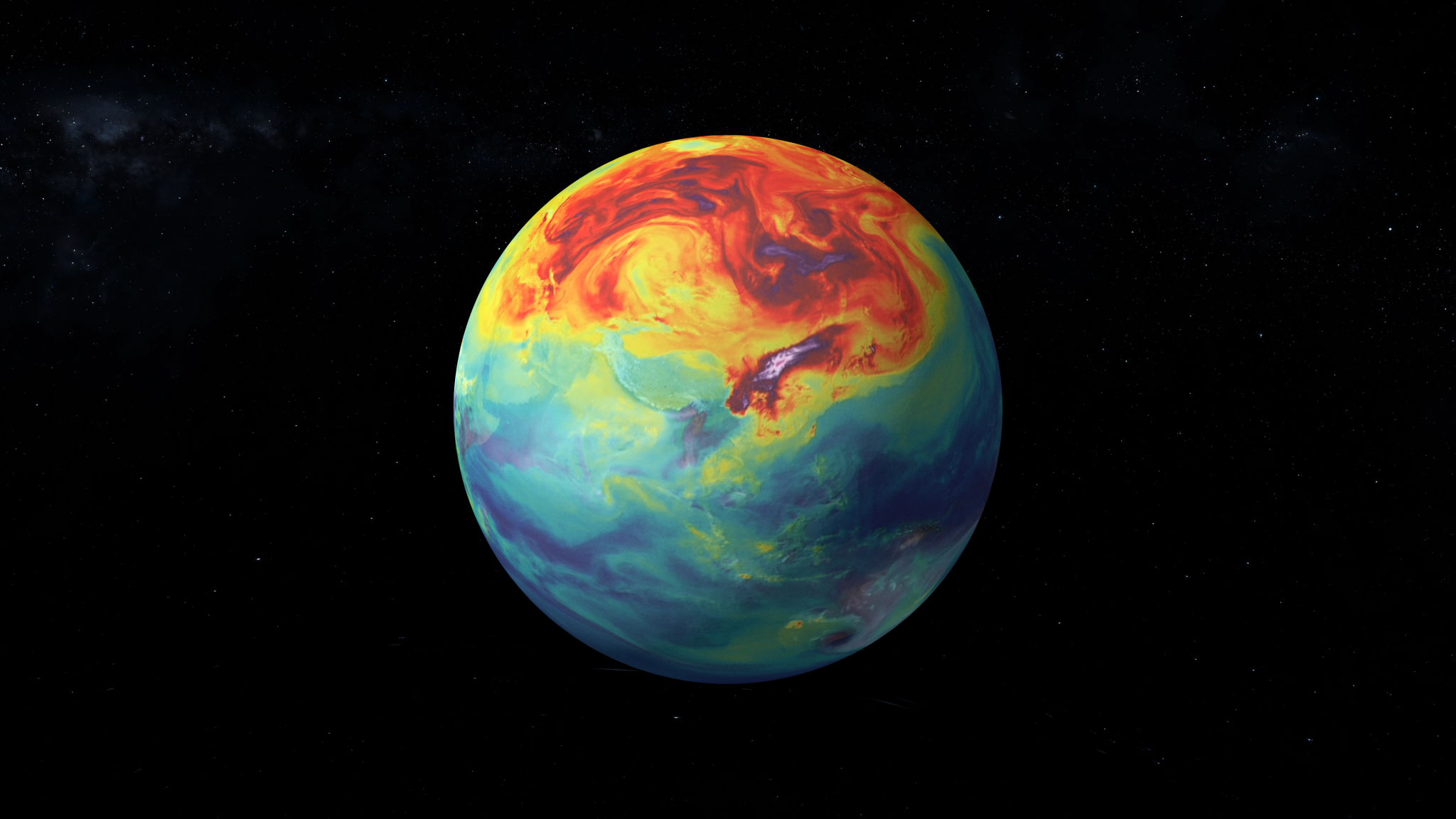Innovative Theoretical Models: Transforming Ideas into Scientific Breakthroughs
Understanding Innovative Theoretical Models
In the realm of scientific discovery, innovative theoretical models play a pivotal role in shaping our understanding of complex phenomena. These models serve as the foundation upon which hypotheses are built and experiments are designed. By transforming abstract ideas into structured frameworks, they enable scientists to explore new possibilities and make groundbreaking discoveries.

The process of developing a theoretical model often begins with observation and data collection. Scientists analyze existing information, seeking patterns and correlations that can provide insights into the underlying mechanisms of a phenomenon. This analysis is crucial for forming the initial framework of a model, which is then refined through iterative testing and validation.
The Role of Creativity in Model Development
Creativity is a key component in the development of innovative theoretical models. It allows scientists to think beyond conventional boundaries and propose novel approaches to problem-solving. By incorporating diverse perspectives and interdisciplinary knowledge, researchers can construct more comprehensive models that better capture the complexities of the real world.
One of the remarkable aspects of theoretical models is their ability to predict outcomes. Through simulations and mathematical calculations, these models can forecast future events or behaviors, providing valuable insights for decision-making in fields such as climate science, medicine, and engineering.

Impact on Scientific Breakthroughs
Innovative theoretical models have been at the heart of many scientific breakthroughs. They offer a roadmap for experimentation and inquiry, guiding researchers towards new discoveries. For instance, the development of quantum mechanics revolutionized physics by introducing a new framework for understanding atomic and subatomic phenomena.
Moreover, theoretical models often challenge existing paradigms, prompting scientists to re-evaluate established theories. This process of questioning and refinement leads to a deeper, more nuanced understanding of the natural world, paving the way for new technologies and applications.
Challenges in Model Creation
Despite their significance, the creation of theoretical models is fraught with challenges. The complexity and unpredictability of certain phenomena can make it difficult to construct accurate models. Additionally, the reliance on assumptions and approximations can sometimes limit a model's applicability in real-world scenarios.

To overcome these challenges, scientists employ a variety of techniques, such as sensitivity analysis and validation against empirical data. These methods help ensure that models are robust and reliable, capable of withstanding scrutiny and providing actionable insights.
Future Directions in Theoretical Modeling
Looking ahead, advancements in computational power and data analytics are poised to further enhance the development of theoretical models. Machine learning and artificial intelligence offer promising tools for analyzing vast datasets and identifying patterns that may have gone unnoticed by human researchers.
As we continue to push the boundaries of knowledge, innovative theoretical models will remain an essential component of scientific progress. They not only transform ideas into tangible breakthroughs but also inspire future generations of scientists to explore the unknown.
